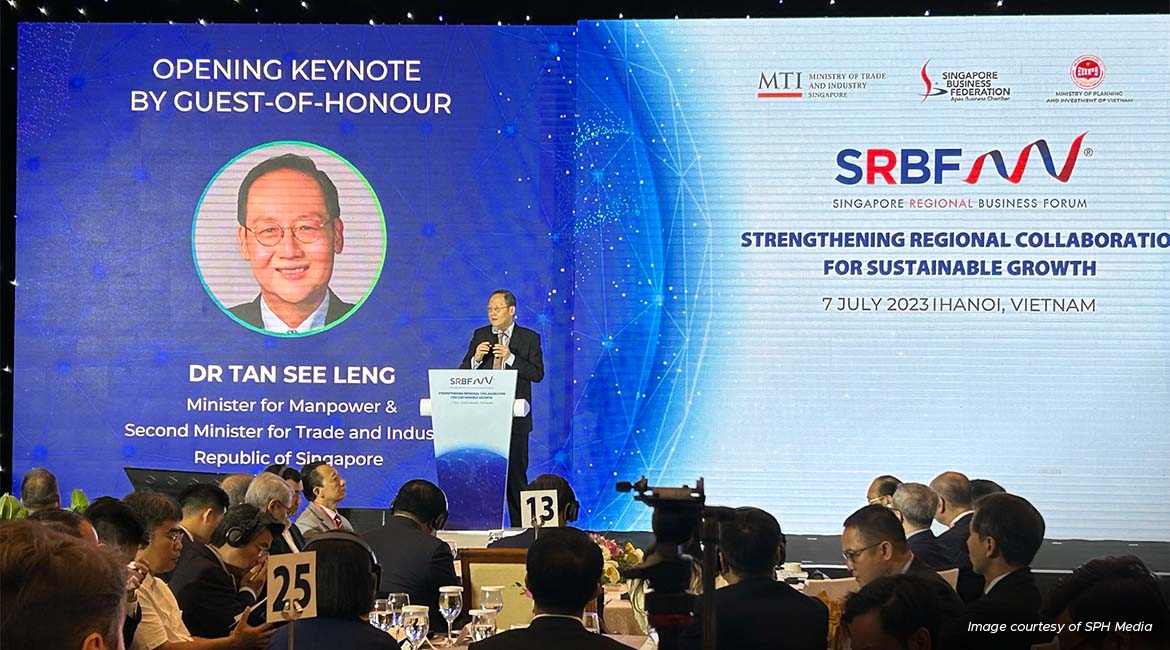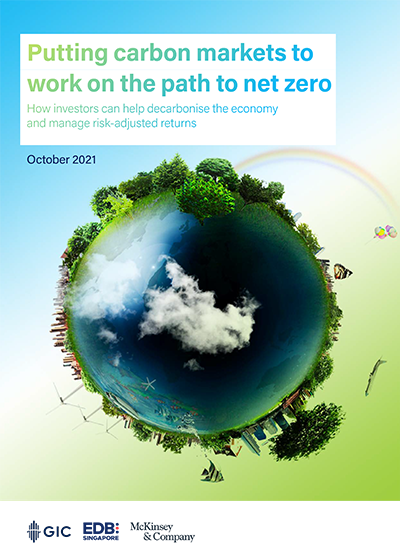Innovation, energy connectivity and sustainability are three areas in which Singapore and Vietnam can work together to seize opportunities of the next decade and further deepen bilateral cooperation, said Second Minister for Trade and Industry Tan See Leng in Vietnam on Friday (Jul 7).
He made this point in a speech at the opening of the Singapore Regional Business Forum (SRBF), the flagship event of the Singapore Business Federation, which is being held overseas for the first time since its inception in 2015.
The minister told an audience of more than 500 business executives and government officials at the Melia Hanoi hotel that, when it comes to innovation, Singapore and Vietnam are among the top three startup ecosystems in Southeast Asia today. “With our common goal of driving further economic growth through technology and innovation, there is scope to tap each other’s innovation ecosystems for partners, funding and talent.”
On energy connectivity, the minister noted that both countries share a common vision towards achieving net-zero emissions by 2050. Last October, the two governments inked an agreement on energy cooperation to explore closer collaboration in areas such as renewable energy development, cross-border electricity trading, liquefied natural gas and electricity markets, as well as low-carbon and energy-efficiency solutions.
Turning to his point about sustainability, Dr Tan said that carbon markets can play a critical role in supporting countries to decarbonise, particularly in the harder-to-abate sectors. A deal signed by Singapore and Vietnam to collaborate on carbon credits puts the two countries in “excellent positions” to capture the opportunities generated by carbon markets.








